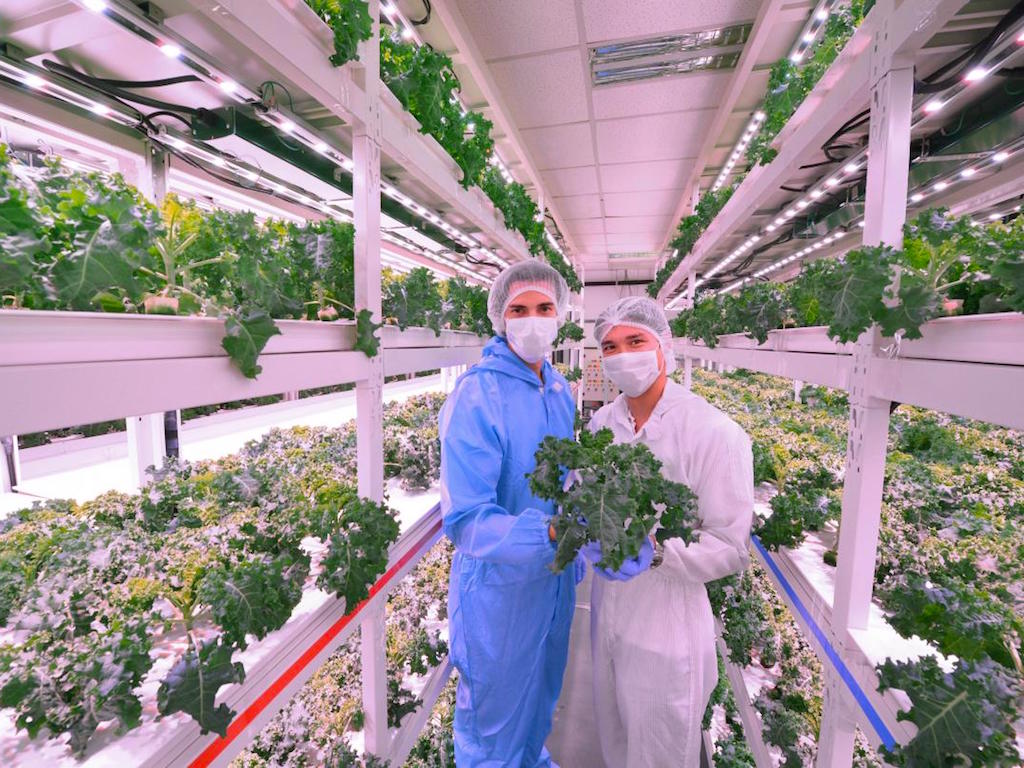2 Mins Read
Earlier this year, Singapore-based agri-tech company Sustenir made headlines with its lab-grown strawberries and arugula in its hydroponic facility. Now, the startup has just expanded into Hong Kong to start vertical farming in the city, producing two kinds of kale at their Tuen Mun facility. Sustenir’s vertical farming technology presents an alternative to the current food system operating in hot and humid climates like Hong Kong and Singapore. By growing non-native crops in lab-controlled settings, the startup hopes to alleviate dependence on foreign food imports, which generates additional carbon emissions, and food waste in the transportation process.
After its latest round of series A funding, which attracted US$15.4 million in investment from venture capital firms including Grok Ventures and Tamesek Holdings, Sustenir has recently launched a new 30,000 square foot hydroponic farming facility in Tuen Mun, Hong Kong. The produce currently launched in the city include “Kinky Kale” and “Toscano Kale”. The company is also looking to bring in new offerings in the near future, including kale juice and pesto, both of which they sell in Singapore.
Commenting on the reasons behind their launch in Hong Kong, co-founder and CEO of Sustenir Benjamin Swan told Green Queen that “Hong Kong has similar constraints to space as Singapore and has a similar reliance to imported produce. Our mission has always been to be present in countries and communities with heavy reliance to imports, so we can produce locally and lessen carbon emissions from import transportation.”
The company, which was founded in Singapore in 2013, produces crops that are in local demand using laboratory-controlled vertical farming methods based on artificial intelligence and LED lighting, which helps photosynthesis in plants. Using this technology, the shelf-life of Sustenir’s farmed crops can be extended, which helps to reduce food wastage. In addition, by growing non-native crops in a local facility, the concept minimises the carbon footprint involved in transporting foods, as well as wasted food that often results in the logistical process of importing fresh produce. This is particularly relevant for Hong Kong, where over 90% of the city’s food supplies are imported from abroad, and for the wider Asian region, which is responsible for over half of global waste.
To cater to Hong Kong tastes specifically in their first launch outside of Singapore, Swan said to Green Queen: “When we enter a country, we always make sure that we tailor our products to the tastes and wants of the people so we can truly give a product made in Hong Kong for Hong Kong.”
Now that their first international foray under their belt, Sustenir hopes to be able to first increase their product offerings in the facility, including growing other leafy greens like lettuce, spinach, arugula and basil, and to continue to launch more urban vertical farms across Asian cities.
Lead image courtesy of ST Photo/ Lim Sin Thai.




